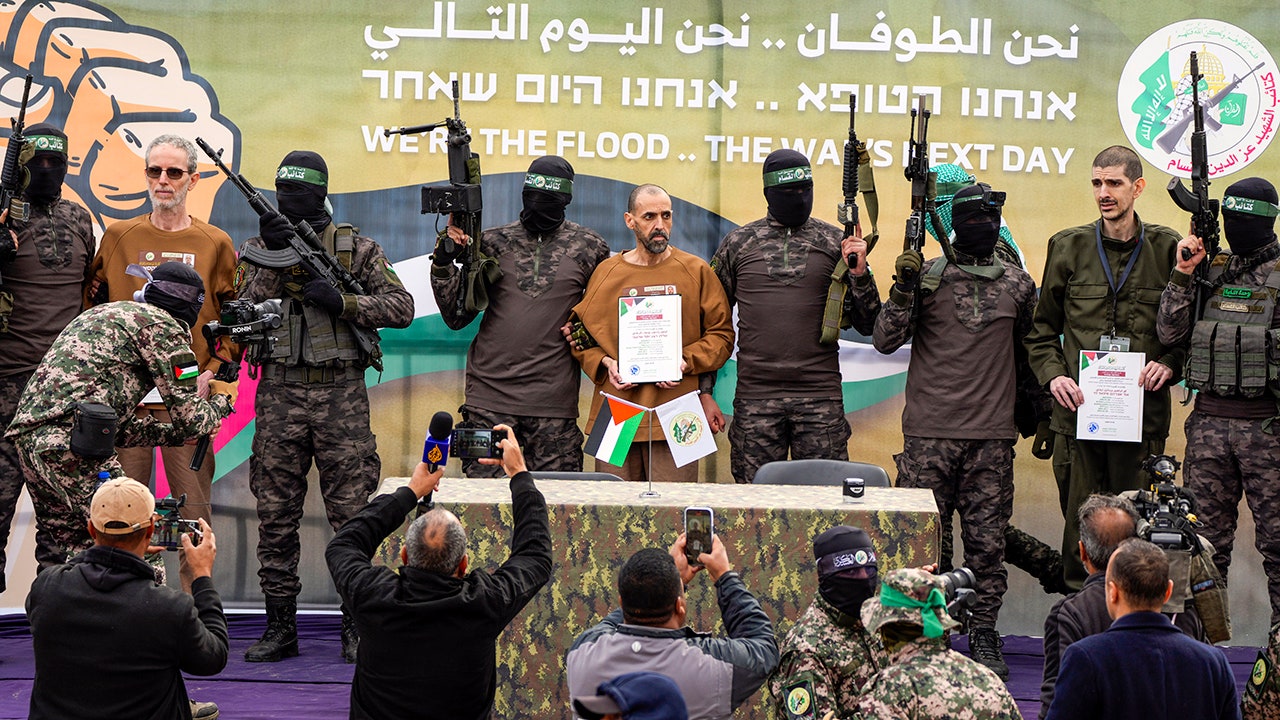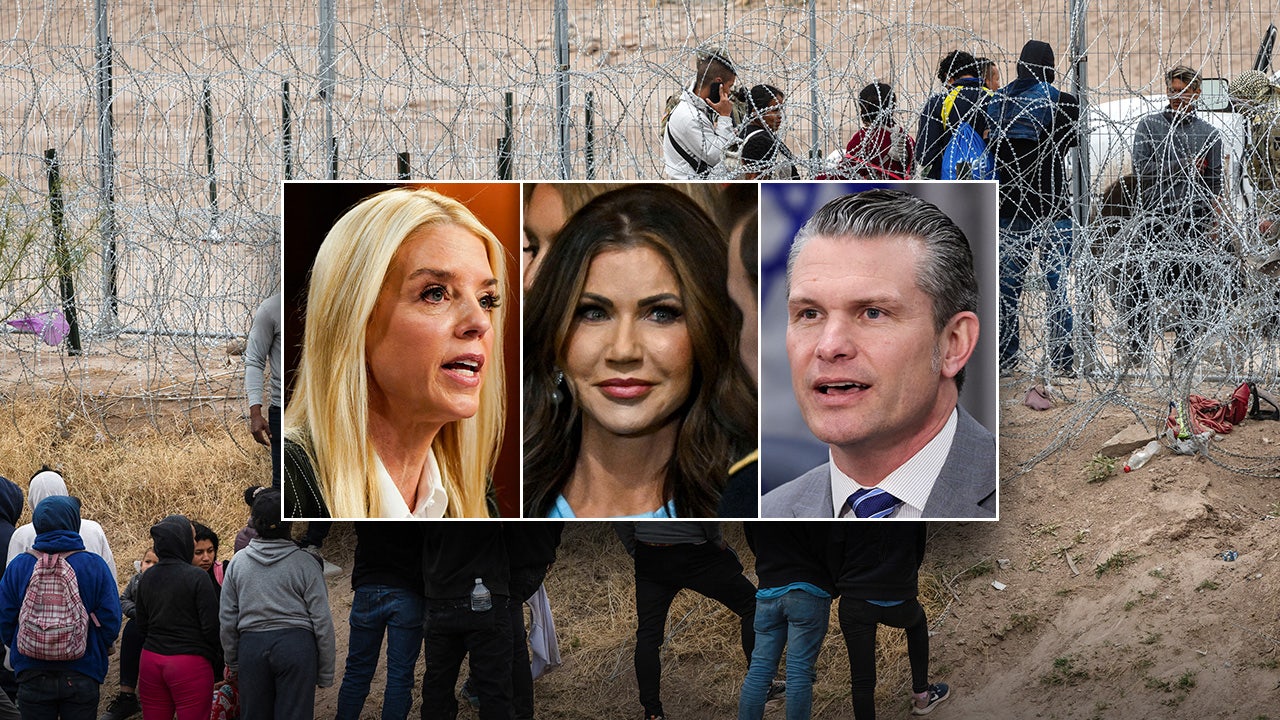“We must avoid at all costs the resumption of hostilities in Gaza that would lead to an immense tragedy,” said the UN chief, in a statement relayed to journalists by UN Geneva spokesperson Rolando Gomez.
“I appeal to Hamas to proceed with the planned liberation of hostages next Saturday. Both sides must fully abide by their commitments in the ceasefire agreement and resume serious negotiations in Doha for the second phase.”
The development comes amid reports that Hamas suspended the scheduled release of hostages from Gaza on Saturday, on the grounds that Palestinians continue to be killed in the war-torn enclave and that too little aid is entering the Strip.
UNRWA operations continue
The UN agency for Palestine refugees, UNRWA, said on Tuesday that its operations continue uninterrupted in Gaza and the occupied West Bank including East Jerusalem.
“Our clinics across the occupied West Bank including East Jerusalem are open while the humanitarian operation in Gaza continues. We are committed to staying and delivering,” UNRWA said in an online post.
The UN aid coordination office, OCHA, meanwhile, highlighted that a significant aid boost into Gaza has been possible “under the conditions generated by this [ceasefire] deal” that began on 19 January.
Speaking in Geneva, OCHA spokesperson Jens Laerke said that the UN had delivered food, medical, shelter supplies and more in the last 21 days “which have enabled us to provide a range of critical services to people in need across Gaza and initiate repairs”.
Responding to questions from journalists that UN aid teams had not been able to bring in certain materials which could help with the reconstruction of shattered medical centres and more, Mr. Laerke insisted that “the full visibility of the pipeline and the ceasefire deal and the compliance indicators, should be available to the guarantors of the ceasefire deal, which does not include the United Nations, but Egypt, Qatar and the US”.
Surge in aid
According to the latest humanitarian update from OCHA, more than 1.5 million people in Gaza have received food parcels since the ceasefire began.
The World Food Programme (WFP) has distributed food parcels, hot meals and cash to more than 860,000 people in Gaza, OCHA said, and partners are providing more meals as community kitchens open in new areas.
Repair work continues on water wells across the enclave. However, widespread destruction of infrastructure and shortages of spare parts, generators and solar panels have impacted efforts to increase water production.
Today, nearly 60 health partners provide primary and secondary health services across the Gaza Strip, ensuring access to essential care.
The UN reproductive health agency UNFPA is distributing supplies expected to benefit more than 65,000 people over the next three weeks.
UNFPA has also supported another health partner which has opened three temporary primary healthcare centres in Gaza and a temporary medical point in Jabalya in the north.
OCHA reported that recent winter storms destroyed at least five child-friendly spaces in Khan Younis and the Middle Area in Gaza.
“The needs are enormous,” Mr. Gomez told journalists. “The ceasefire is in place and of course that doesn’t mean that there aren’t enormous needs and they remain so…This is where our priorities lie.”





